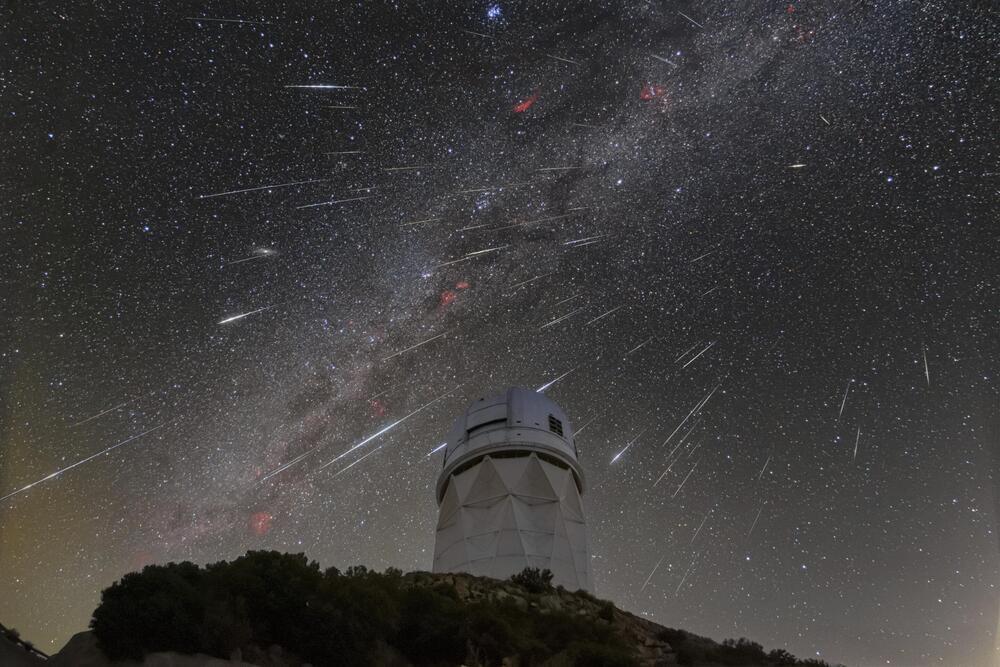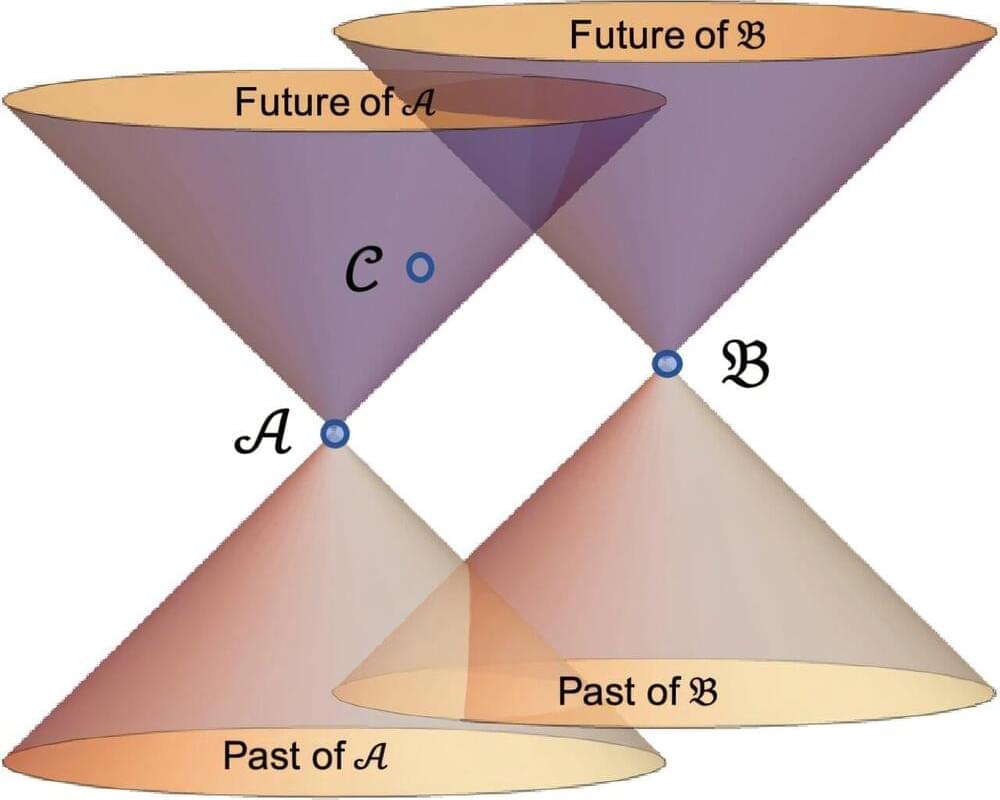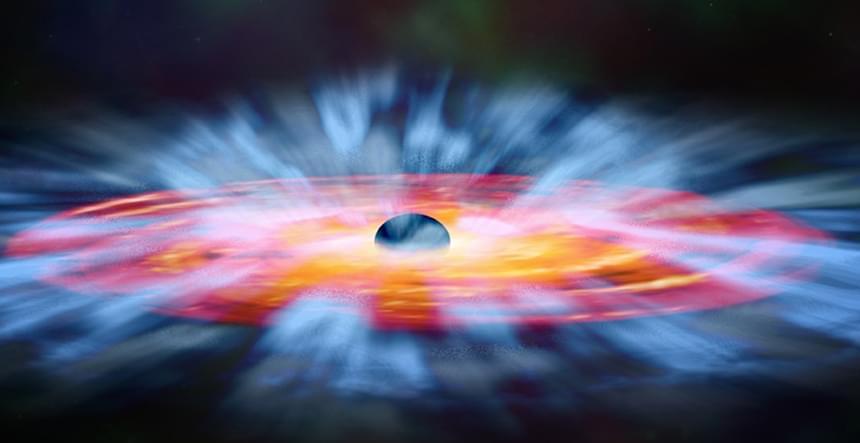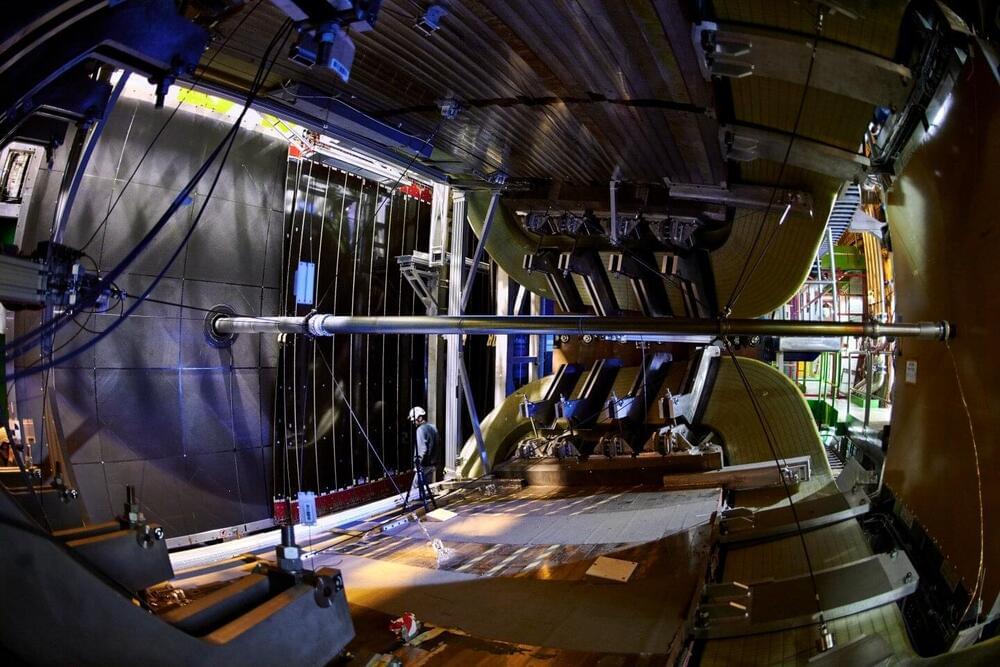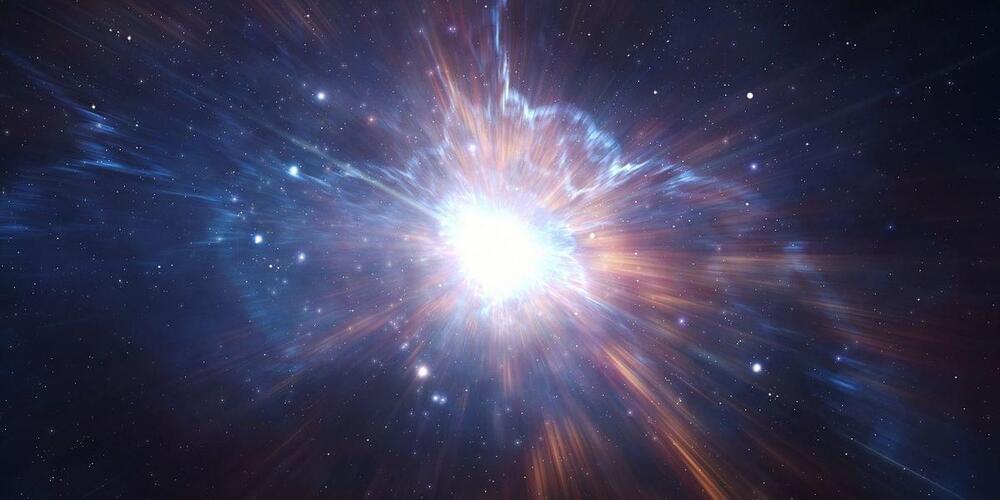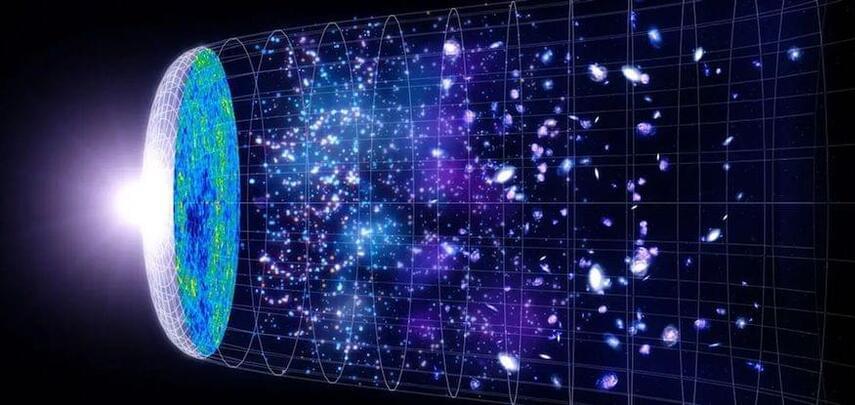A recent study has revealed that nearly half of black holes that consume stars during tidal disruption events (TDEs) later emit remnants of those stars, sometimes years after the initial event. TDEs occur when a star ventures too close to a black hole, where the black hole’s gravitational pull exerts intense tidal forces. This results in the star being stretched and compressed, a process known as spaghettification, which tears the star apart within hours. This destruction is marked by a burst of electromagnetic radiation visible as a bright flash.
As the star is consumed, part of its material is expelled, while the remaining material forms an accretion disk—a thin, rotating structure around the black hole. The accretion disk initially releases material in chaotic bursts, detectable through radio waves, but these emissions typically fade within a few months. Traditionally, astronomers only observed these radio emissions for a short period after the star’s destruction, missing any longer-term activity.
The new study, led by Yvette Cendes, a research associate at the Harvard and Smithsonian Center for Astrophysics, involved monitoring black holes for several years after TDEs. Published on Aug. 25 in the preprint database arXiv, the findings showed that in up to 50% of the cases, black holes expelled material years after consuming a star. In 10 of the 24 studied black holes, this delayed emission occurred between two and six years after the initial star-destroying event. These unexpected “burps” were observed as sudden bursts of radio waves, indicating that the black holes “turned on” again long after the initial event.


